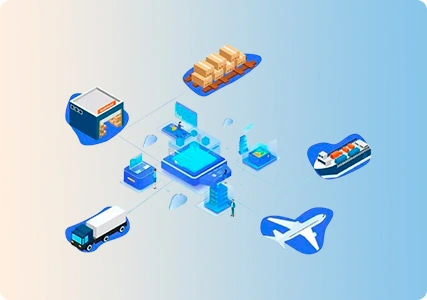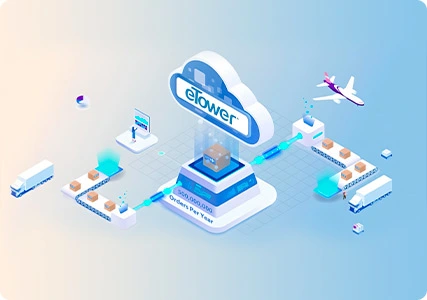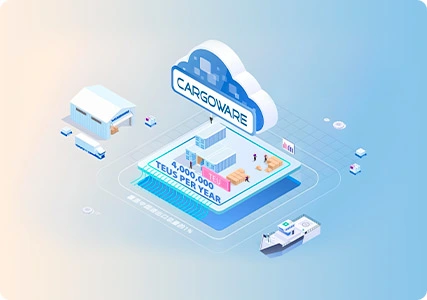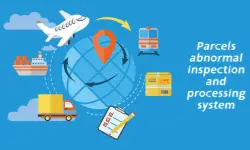
Logistics costs are an important factor in determining the competitiveness of nations and businesses, and are influenced by various global and regional factors. Trade tensions and the rise of e-commerce have all impacted logistics costs at a global level. In the third-party logistics market, there is a trend towards digitization and automation, as well as greater collaboration and partnerships between logistics companies and their clients. Looking ahead, the logistics industry is expected to continue growing, but companies will need to navigate challenges such as rising costs and increasing demand for sustainability.
A report by A&A reveals that the global third-party logistics market has witnessed a substantial growth in revenues, surging by 31.5% to reach $1.4 trillion in 2021. Third-party logistics providers have also benefited from the supply chain management price inflation. The trend of rapid growth continued in the first half of 2022; however, the third quarter of 2022 saw a disflation in ocean shipping rates and domestic transportation rates in developed countries with higher COVID-19 vaccination rates. As a result, China to U.S. and European ocean shipping rates have declined up to 90% since their peak in early 2022.
The global logistics market offers significant opportunities for third-party logistics providers, with logistics spends reaching $11.3 trillion in 2021. The increasing complexity of supply chains has led many companies to seek the help of 3PLs with logistics and regulatory expertise. These 3PLs are providing the operational backbone supporting global trade, particularly in international transportation management and warehousing and distribution. Moreover, the COVID-19 pandemic has made companies realize the complexity of supply chains, leading to a rise in demand for end-to-end outsourcing, and a greater willingness among organizations to engage 3PLs for their logistics and supply chain requirements.
What Can Affect Logistics Cost
Several factors can influence the cost of courier delivery, including distance and time, size and weight, speed, service type, destination and route, and additional fees. Understanding these factors and choosing the right courier service can help you optimize your delivery operations and meet your customers' demands while staying with less cost.
1. Delivery speed is another critical factor that affects the cost of courier services. Generally, the faster the delivery, the higher the cost. Faster delivery options may also require additional handling and processing, which can drive up the cost.
2. The destination and route of your delivery can also affect the cost of courier services. Remote or hard-to-reach locations may incur additional fees, and longer routes can increase the overall delivery cost.
3. Additional fees can also impact the average cost of courier delivery. These fees can include fuel surcharges, insurance, signature requirements, and other special requests. It's essential to read the fine print and understand all the fees associated with your courier service to avoid any surprises.
How to Reduce Logistics Costs with Logistics Technology
1. Carrier selection
With the greater selection of delivery options available to them via technological solutions, logistics decision-makers are better able to balance cost and service for each shipment.
2. Transportation Updates in Real Time
Most customers — and shippers — now expect real-time track and trace as a standard part of package delivery. Technology allows the use of key shipping data to improve logistics management, like tracking and proof of delivery to be transmitted to the customer in real time.
3. Data Analysis
Data Analysis Logistics technology can also provide data analysis tools that help identify inefficiencies and areas for cost savings. By analyzing data such as transportation routes, carrier performance, and inventory levels, logistics managers can make informed decisions and take proactive steps to optimize logistics operations.
4. Communication and Collaboration
Communication and Collaboration Effective communication and collaboration among stakeholders in the supply chain can also reduce logistics costs. Logistics technology provides real-time communication tools that help improve coordination between carriers, shippers, and customers, ensuring that everyone is on the same page and working towards the same goals.
eTower is a cross-border e-commerce logistics collaboration platform. Through logistics software integration, all labor divisions in the cross-border logistics chain can easily share data and work together efficiently and conveniently.
If you want to know more information and other applications, welcome to contact us, please visit our website at https://www.etowertech.com/ . We will be happy to help you out!










